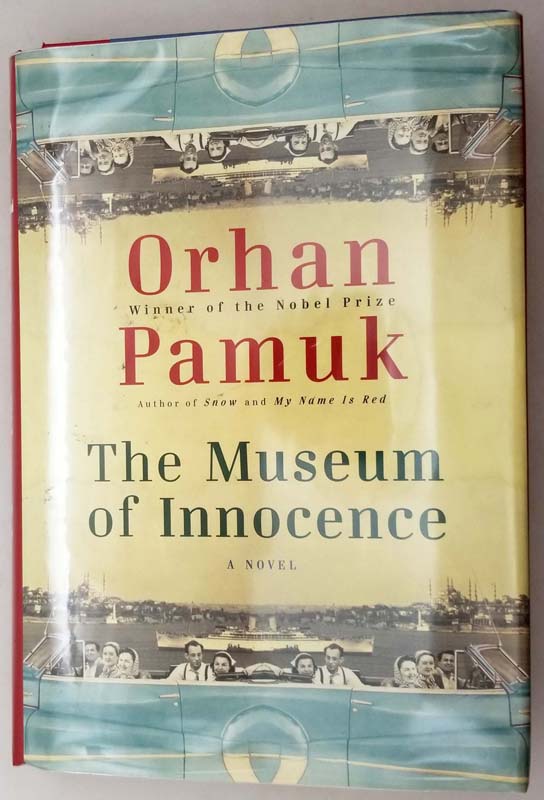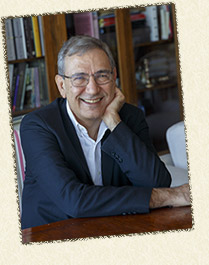

Such as identity, history, and cultural change. Turkey’s most famous author, Orhan Pamuk, is known for tackling big themes in his books. Email: John Plotz is Barbara Mandel Professor of the Humanities at Brandeis University and co-founder of the Brandeis Educational Justice Initiative.
Louis Aragon, (Zolaesque romances at the end of his career), AurélienĪarthi Vadde is Associate Professor of English at Duke University. Fyodor Dostoyevsky, The Demons (1871-2), A Writer’s Diary,. Karl Marx, “18th Brumaire of Louis Napoleon”. Gayatri Spivak, “Can the Subaltern Speak?”. Joseph Conrad (Under Western Eyes, Nostromo). “I am not shy about talking…but there are consequences!”įinally, he tells Novel Dialogue what he did to celebrate the news of his Nobel, which came on “a surrealistic day.” He discusses his move away from “highbrow ironical postmodernist” fiction and reveals his affection for talking about politics–along with his distaste for what the consequences of speaking out may be. We hear tantalizing details about Pamuk’s forthcoming pandemic novel, Nights of Plague. Then they discuss the demonic appeal of Russian novels-and why retired military officers produced so many great Turkish translations of Russian novels. 
They ask how the novel can ever escape its roots in middle-class sensibility and perspective: Joseph Conrad comes up, but so does modern Brazilian film.

They have taught classes on the political novel together at Columbia for years, and it shows.

In Episode Two of Novel Dialogue, critic and scholar Bruce Robbins sits down with Nobel Laureate Orhan Pamuk.








 0 kommentar(er)
0 kommentar(er)
